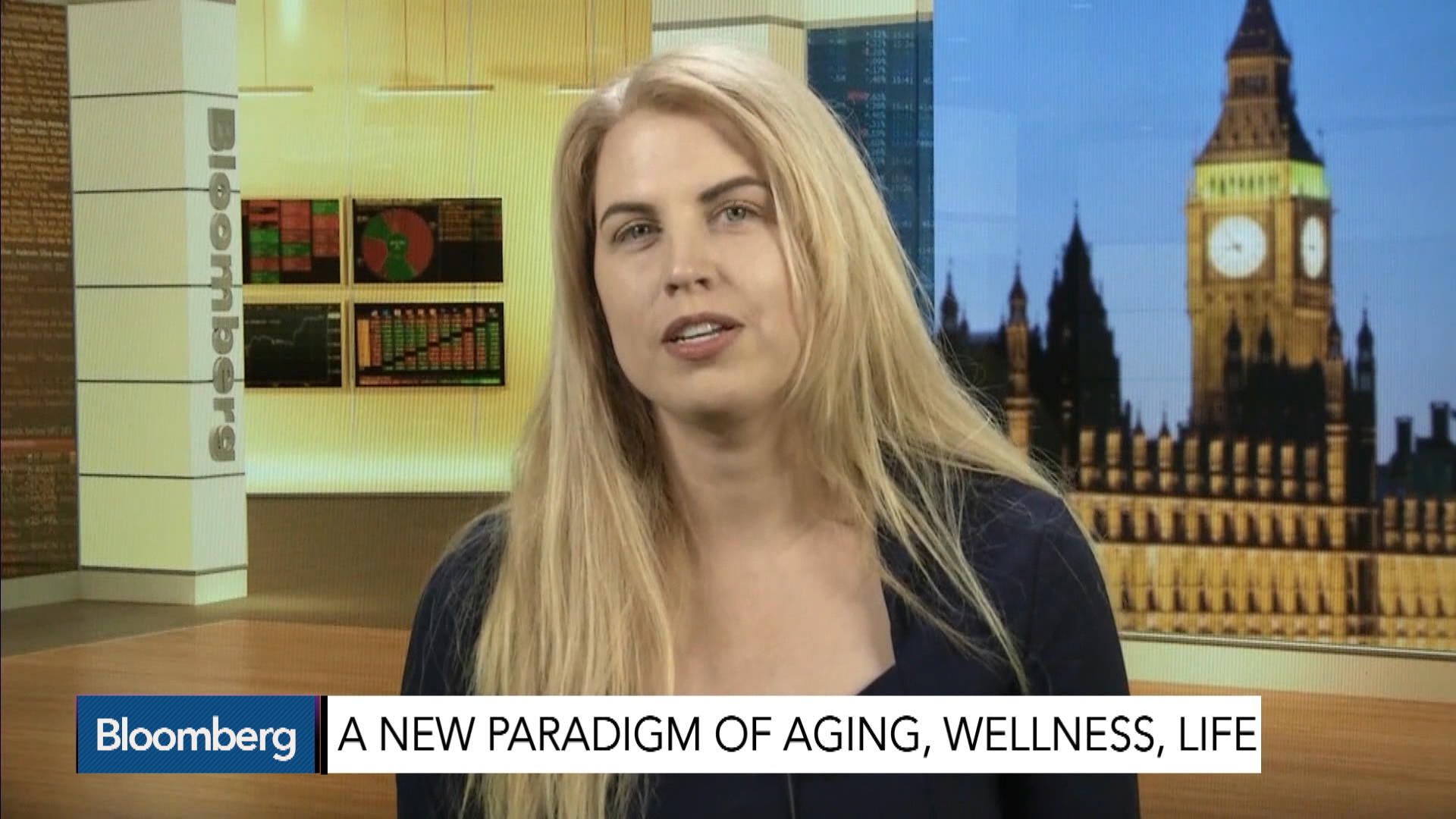One in 10 Elysium customers are doctors. Is ‘Basis’ about to go mainstream?



Good quick interview. Technical, and a mention that it’s not just about telomeres.
BioViva is looking for a way to slow aging. Globalive Chairman Anthony Lacavera talks to CEO Elizabeth Parrish, who is using herself as a test subject and claims to have seen some fascinating results. (Source: Bloomberg)
Futurist José Cordeiro talks longevity, AI, and the humanitarian crisis in Venezuela.
—————
Like us on Facebook: https://www.facebook.com/Reason.Magaz…
Follow us on Twitter: https://twitter.com/reason
Reason is the planet’s leading source of news, politics, and culture from a libertarian perspective. Go to reason.com for a point of view you won’t get from legacy media and old left-right opinion magazines.
“In 30 years, I will be younger than today, not older,” says José Luis Cordeiro, who’s a founding faculty member at Singularity University, a Silicon Valley-based think tank devoted to futurism. “Why? Because we are going to have rejuvenation techniques, and these experiments are beginning right now.”
A mechanical engineer with a degree from MIT, Cordeiro has worked in fields ranging from monetary policy to petroleum engineering, and he created the first formal “future studies” course at the Austrian School of Economics in Venezuela, his birth country.

Autophagy means “eating of self” (“auto”= self; “phag” = eating)[1]. Although its name might sound harmful, autophagy appears to have longevity-promoting effects[2]. Here, we will explain what autophagy is, how it works, its benefits, and how it plays a role in aging.
What is Autophagy?
Autophagy is the way cells break down misbehaving or nonfunctional organelles and proteins in the cell[1,2]. This means autophagy can consume organelles such as, mitochondria, peroxisomes, and the endoplasmic reticulum[1].


The Italian version of Rejuvenaction is up and running! If you know Italian speakers who would like to know about rejuvenation biotechnologies and advocacy, please let them know!
I’m pleased to announce the launch of Rejuvenaction Italia, the Italian version of Rejuvenaction. As you might know, Italian is my native language, and while I have neglected/postponed online advocacy in Italian for over two years now, I realised that, as the topic of rejuvenation starts to reach broader audiences, there’s a necessity to make information available in several languages, for the benefit of those who don’t speak English. Regardless of one’s native language, the questions people have about rejuvenation are always the same: How do you do it? Why? Have you thought of overpopulation? And tyrants living forever? and so on. Thus, Rejuvenaction Italia (henceforth officially nicknamed RJi, and accordingly Rejuvenaction will be simply RJ) is essentially a clone of RJ, except in Italian. The blog won’t be nearly as lively as that here on RJ because, you know, there are only 24 hours in a day. I will translate some of the most substantial posts or important news from RJ to RJi, though, and there will be RJi -specific posts that won’t be worth translating into English.
If you speak Italian and/or know someone who does, it may be worth checking out RJ’s Italian clone and share the news on your social media. I would appreciate that very much. 🙂 There’s a link to RJi at the top of the sidebar.
As I translated the contents of RJ into Italian, I took advantage of the occasion to rewrite some articles that were long due for an update, and added entire new sections. You might have noticed them silently popping up here on the English site, together with a minor graphics revamp.
DUBLIN, August 21, 2017 /PRNewswire/.
The “Regenerative Medicine Market, 2014 — 2025” report has been added to Research and Markets’ offering.
The global regenerative medicine market size is expected to reach USD 5.59 billion by 2025, according to this new report. Increased prevalence of neurodegenerative, orthopedic, and other aging-related disorders in geriatric population coupled with rising global geriatric population is anticipated to drive market growth.
The original date of this broadcast was on August 20, 2017. Zoltan Istvan is the creator of the Transhumanist political party.
Subjects discussed: Cryonics, The merging of machines and humans, advance technology, transhumanism, CRISPR and Artificial Intelligence.
Listen to Flow of Wisdom Radio Live Sundays 3 — 5:00 PM EST on a radio station near you! Also, streaming live on GCNLive.com Call in 877−300−7645. http://flowofwisdom.com
Flow Of Wisdom with Sean Anthony is a syndicated, ground-breaking radio talk show with inspiration, insightful interviews, controversial guests, and a platform for alternative news on the GCN Radio Networks. http://gcnlive.com/JW1D/index.php/showinfo?showCode=62
The information is delivered in an unconventional way that brings understanding to some of the worlds controversial conspiracies.
Download Sean Anthony’s book, “Conversations With Hip Hop” http://www.amazon.com/dp/B00BIJP42G?tag=lifeboatfound-20

Mimetic Evolution or the collective will of humanity to imitate the most successful achievements of nature with technology, has finally set in. At this dawn of artificial intelligence humanity is trying to not only find its place again, but to do the inevitable, the inescapable – merging with the technology we created. We have to be the artificial intelligence by incorporating the transcendent aspects of an artificiality that otherwise could easily become a mastermind, both in control of us and out of control.
Yes, it will begin slowly with AI helping us to achieve dreams of humanity, ways for us to live longer and healthier. Just ask what the many biotech companies focus on and the answer unanimously will be putting an end to aging.
The idea of eternal youth and immortality is a blessing, albeit a mixed one. We learned that progress never stops and it isn’t plausible to think that we now revert back and suddenly stop working on machine learning and connected devices as well as connected thinking.

As your body ages, increasing amounts of your cells enter a state of cellular senescence. These cells no longer divide or support the tissues of which they are a part, and they emit a cocktail of harmful chemical signals that encourage other nearby cells to also enter the same senescent state.
The presence of senescent cells contributes to decreasing tissue function, increases chronic inflammation, and can even raise the risk of cancer and other age-related diseases.
Senescent cells normally destroy themselves via a programmed process called apoptosis and are removed by the immune system; however, the immune system declines with age, and increasing numbers of these senescent cells escape this disposal process and accumulate.